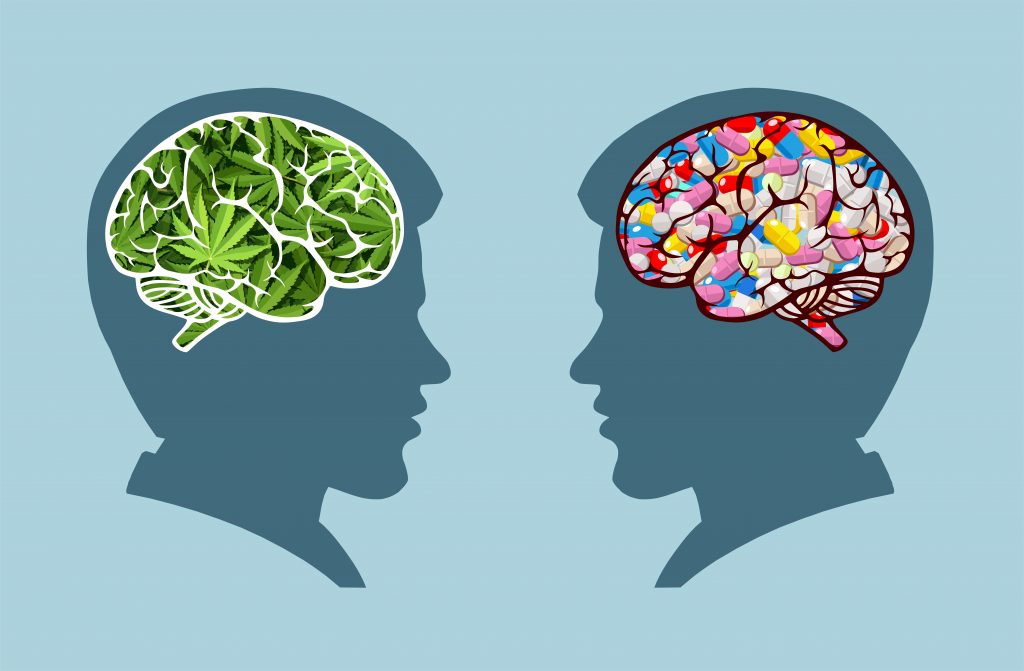While the epigenetic impacts of cannabis have been seen in sperm and adolescents, the effects on adults have not been well studied in large-scale studies. It’s commonly believed that smoking cannabis is less damaging than smoking tobacco; however, this is not backed by an abundance of actual data. Smoking tobacco is associated with numerous DNA methylation changes at specific sites. The common use of cannabis and tobacco by the same research subjects has made studying the effects of cannabis alone quite challenging.
The lab of Martin A. Kennedy at the University of Otago (Christchurch, New Zealand) investigated whether cannabis use alone affected DNA methylation. DNA methylation has been well studied as an important intermediary between environmental drug exposures and the genome. The team obtained blood DNA samples from 48 heavy cannabis users from the CHDS (Christchurch Health and Development Study) and compared to 48 non-user matched controls via the Illumina EPIC array. Amongst the heavy cannabis users were subsets who have used tobacco (n=24) or not (n=24). The participants were all 28 years old and the users consumed cannabis daily for at least three years via smoking prior to blood collection.

Here’s all the hits:
- Five CpG sites show genome-wide significant (p adjusted < 0.008) differences between cannabis + tobacco users and controls
- These genes have been previously associated with tobacco use and include AHRR, ALPG, and F2RL3
- No sites in cannabis only users show genome-wide significance
- However, the 521 nominally significant (p < 0.001) CpG sites are enriched for genes involved in neuronal signalling, brain function, mood disorders, and cardiomyopathy
- CpGs in MARC2 and CUX1 are nominally significant (p < 0.05) in the cannabis only and cannabis + tobacco groups
- Both of these genes have important roles in brain function, where MARC2 is implicated in biological response to antipsychotic therapy in schizophrenia patients.
First author Amy Osborne shares, “We think assessing cannabis’s potential effect on DNA is timely. It’s currently the most widely used illicit psychoactive substance in the world and this could be predicted to increase with decriminalization or legalization. Our data are suggestive of a role for DNA methylation in the biological response to cannabis. We also found the effects of cannabis use on our genomes differ from, and are less pronounced than, the effects of tobacco use. For this reason, caution should be taken when interpreting similar cannabis exposure studies that do not, or cannot, exclude cigarette smokers.”
Check out all the epigenome-wide hits in Translational Psychiatry, April 2020.










